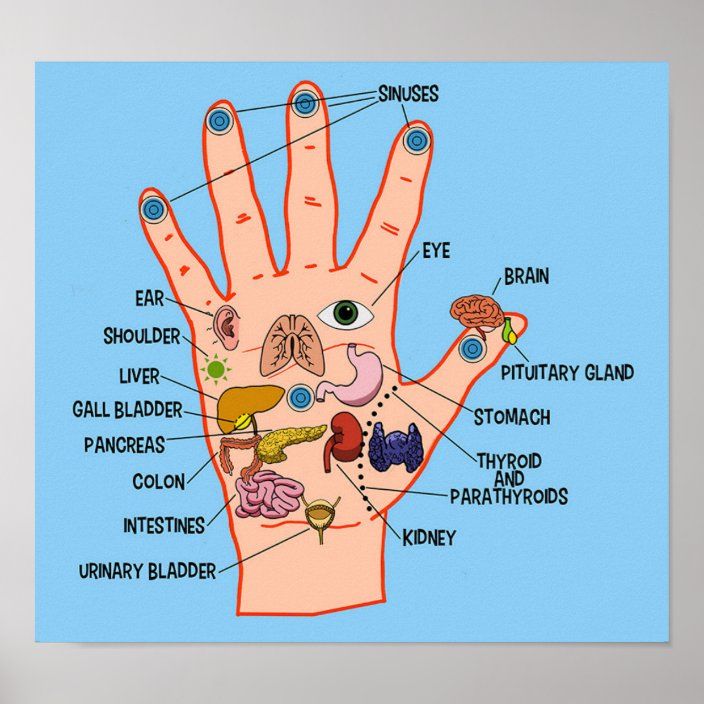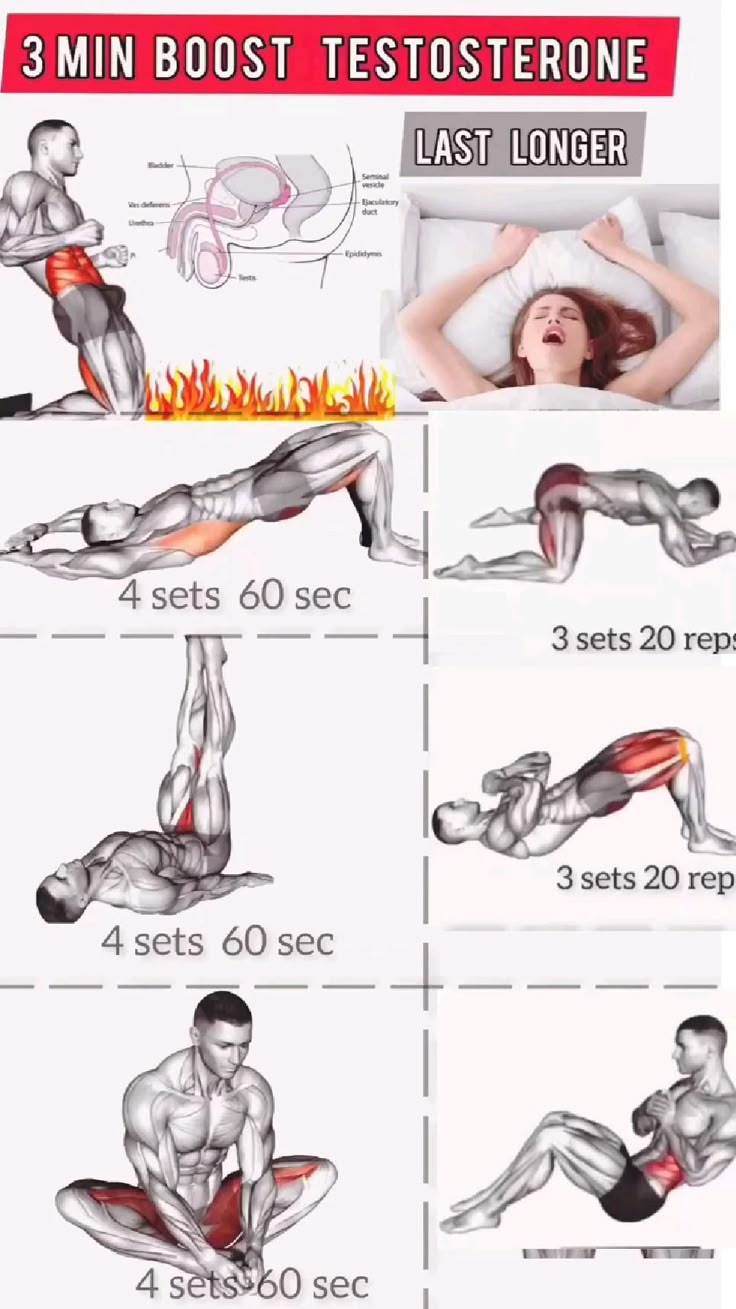When people talk about health, they often refer to diet, exercise, and regular checkups.
While these are important, men’s health is a broader and often overlooked issue that encompasses not only physical health but also mental, emotional, and social well-being. Despite advances in medicine and health awareness campaigns, men are still at a disadvantage in many areas of health compared to women.

Men are more likely to die younger, suffer from heart disease, develop certain cancers, and experience mental health issues—often without seeking help. In this article, we take a comprehensive look at the major health challenges men face today and offer practical tips on how to live a healthier and more balanced life.
1. The Physical Health Challenges Men Face
Men are statistically more likely to suffer from preventable chronic illnesses and have a shorter life expectancy. Here are some of the most common physical health risks:
Heart Disease
Heart disease remains the leading cause of death for men worldwide. High blood pressure, high cholesterol, smoking, and poor diet are major contributors. A sedentary lifestyle and obesity further increase the risk.
What to do:
- Get annual blood pressure and cholesterol checks.
- Limit red meat and processed foods.
- Exercise at least 150 minutes per week.
- Quit smoking and moderate alcohol consumption.
Prostate Health
Prostate cancer is the second most common cancer among men. Early-stage prostate cancer often has no symptoms, making regular screenings essential.

What to do:
- Start regular prostate screenings around age 50, or earlier if there is a family history.
- Maintain a healthy diet rich in vegetables, fruits, and omega-3 fatty acids.
Diabetes
Men are more likely than women to develop type 2 diabetes at lower body weights and younger ages. Untreated diabetes can lead to heart disease, kidney failure, and vision loss.
What to do:
- Monitor blood sugar levels if you’re at risk.
- Reduce sugar and refined carbs in your diet.
- Maintain a healthy weight and get regular physical activity.
2. The Mental Health Crisis Among Men
One of the least discussed but most dangerous aspects of men’s health is mental health. Men are less likely to seek help for depression, anxiety, and other psychological issues. Yet suicide rates among men are significantly higher than among women.
Why Men Suffer in Silence
Social expectations and cultural norms often encourage men to be “tough,” “stoic,” and emotionally reserved. Expressing vulnerability is seen as weakness in many cultures, which leads men to bottle up emotions instead of seeking help.
Common Mental Health Issues in Men
- Depression often shows up differently in men than women. Instead of sadness, it may manifest as irritability, anger, or substance abuse.
- Anxiety disorders are also common but underdiagnosed in men.
- Suicide is a major issue: In many countries, men account for 75% or more of all suicides.
What to do:
- Encourage open conversations about feelings.
- Seek professional help through therapy or counseling.
- Build strong social connections—having at least one close friend can be life-saving.
- Avoid self-medicating with drugs or alcohol.
3. The Importance of Preventive Health Care
Preventive health care is key to early diagnosis and treatment of diseases. Yet many men skip regular checkups, only visiting doctors when problems become severe.
Routine Screenings for Men:
- Blood pressure and cholesterol – yearly
- Diabetes – every 3 years starting at age 45, or earlier if overweight
- Colon cancer screening – starting at age 45
- Prostate exam – starting at age 50, or earlier with risk factors
- Skin checks – annually, especially for those with fair skin or high sun exposure
- Mental health assessments – whenever experiencing symptoms
What to do:
- Schedule an annual physical exam.
- Use health apps or journals to track metrics like sleep, weight, and mood.
- Be proactive, not reactive, about your health.
4. Fitness and Exercise: The Cornerstone of Good Health
Staying active isn’t just about building muscle—it significantly reduces the risk of nearly every chronic illness and improves mental health.
Types of Exercise Men Need
- Cardiovascular (aerobic) exercise: Running, swimming, biking—great for heart health.
- Strength training: Weight lifting or bodyweight exercises to maintain muscle mass and bone density.
- Flexibility and mobility: Yoga, stretching, or Pilates to prevent injuries and improve range of motion.
Benefits of Regular Exercise:
- Reduces stress, anxiety, and depression.
- Boosts testosterone and improves libido.
- Enhances cognitive function and energy.
- Helps maintain a healthy weight and muscle tone.
What to do:
- Aim for at least 30 minutes of moderate exercise 5 days a week.
- Include strength training 2–3 times weekly.
- Make physical activity fun—join a sports league, dance class, or hiking group.
5. Nutrition: Fueling the Male Body Properly
Many men overlook diet until problems arise. However, nutrition plays a critical role in everything from heart health to sexual performance.
Diet Tips for Men:
- Increase intake of fruits, vegetables, and whole grains.
- Choose lean proteins like chicken, fish, legumes, and tofu.
- Limit processed foods, sugar, and sodium.
- Stay hydrated, especially when active.
- Avoid excessive alcohol, which can affect liver function, mood, and hormone levels.
What to do:
- Learn basic meal prep to avoid takeout and fast food.
- Read labels—especially sodium, trans fats, and sugar content.
- Consider seeing a dietitian if you have specific dietary concerns or goals.
6. Sexual Health and Hormonal Wellness
Men’s health also includes sexual and reproductive well-being. Issues like erectile dysfunction (ED), low testosterone (Low T), and fertility challenges are more common than many think—and often linked to underlying health problems.

Testosterone and Aging
Testosterone levels naturally decline with age, but stress, poor sleep, and bad diet can accelerate the drop. Symptoms of low testosterone include fatigue, reduced libido, depression, and decreased muscle mass.
What to do:
- Get testosterone levels tested if experiencing symptoms.
- Address lifestyle factors: sleep, exercise, and diet.
- Avoid anabolic steroids or over-the-counter “boosters” unless prescribed.
7. Sleep: The Unsung Hero of Men’s Health
Sleep is essential for muscle recovery, hormone regulation, and mental clarity. Yet many men sacrifice sleep for work, entertainment, or due to stress.
What to do:
- Aim for 7–9 hours of sleep per night.
- Keep a regular sleep schedule.
- Limit screen time before bed.
- Treat sleep apnea and snoring—both are common and serious in men.
Conclusion: It’s Time for Men to Take Charge of Their Health
Men’s health is more than muscles and stamina—it’s about living a full, balanced, and healthy life. By taking a proactive approach—getting regular checkups, exercising, eating well, and addressing mental health—men can improve both their quality and quantity of life.
It’s never too early or too late to make changes. Whether you’re in your 20s or 60s, investing in your health is the best decision you’ll ever make. Speak up, get screened, move your body, and prioritize your mental and emotional well-being. Your future self will thank you.

